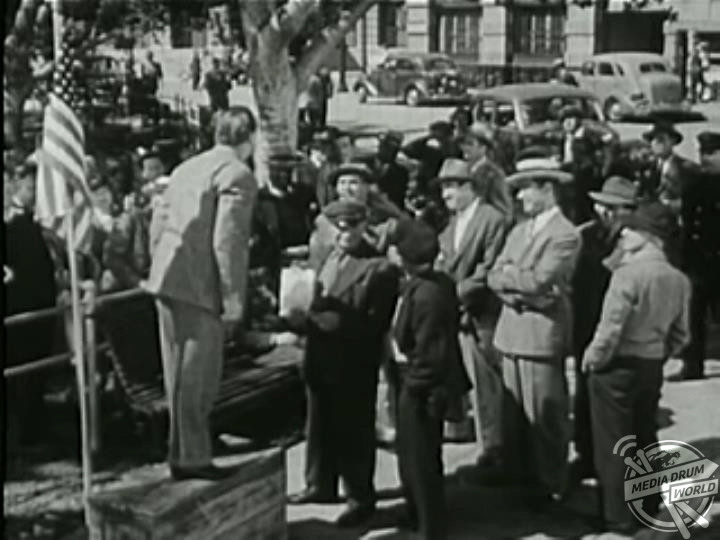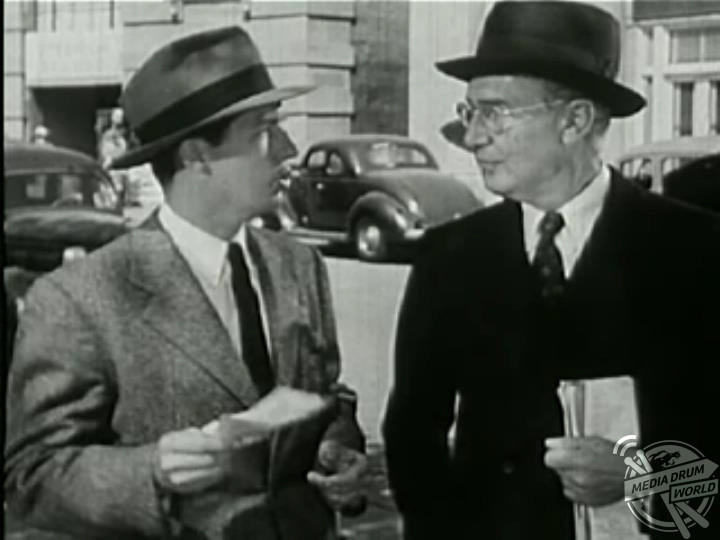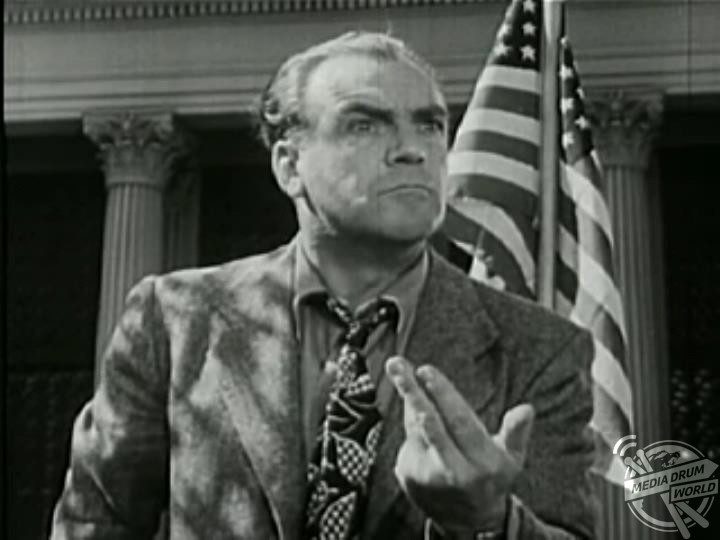By Tom Dare
A 1940s American propaganda video warning of the dangers of fascism has re-emerged this week, and struck a familiar chord following the events in Virginia at the weekend.
The video, originally released at the height of the Second World War in 1943 by the United States’ War Department and re-issued again in 1947, shows a white male giving a hate-filled speech in the middle of a stereotypically American town.

As spectators look on, the man refers to himself as an ‘American American,’ before stating: “I see negroes holding down jobs that belong to me and you.
“And I tell you friends, we’ll never be able to call this country our own, until it’s a country without. Without what? Without negroes, without alien foreigners, without Catholics, without freemasons.
“These are your enemies. These are the people who are trying to take over our country. And it’s up to us to fight them. Fight them and destroy them before they destroy us.”

The rhetoric is then compared to that of the Nazis during the build-up to World War II, with a Hungarian man who supposedly saw both telling the man he’s with: “I thought Nazis were crazy people, stupid fanatics. But unfortunately that was not so.”
The video has resonated with many in the wake of the horrific events in Charlottesville, Virginia on Saturday, which saw one person killed and at least 19 others injured after violence broke out between white supremacists and anti-racism protestors.
Hundreds of white supremacists had gathered to protest against the removal of a statue of infamous Confederate general and slave owner Robert E. Lee from the city.

The march was met with counter-protests and violence quickly broke out, with one member of the white supremacist group, James Alex Fields Jr, allegedly driving his car into a crowd of anti-racism protestors, killing 32-year-old Heather Heyer.
President Donald Trump has drawn serious criticism from both the public and politicians after failing to explicitly condone the violence carried out by the white supremacists, many of whom chanted songs such as ‘blood and soil’ during the march.







